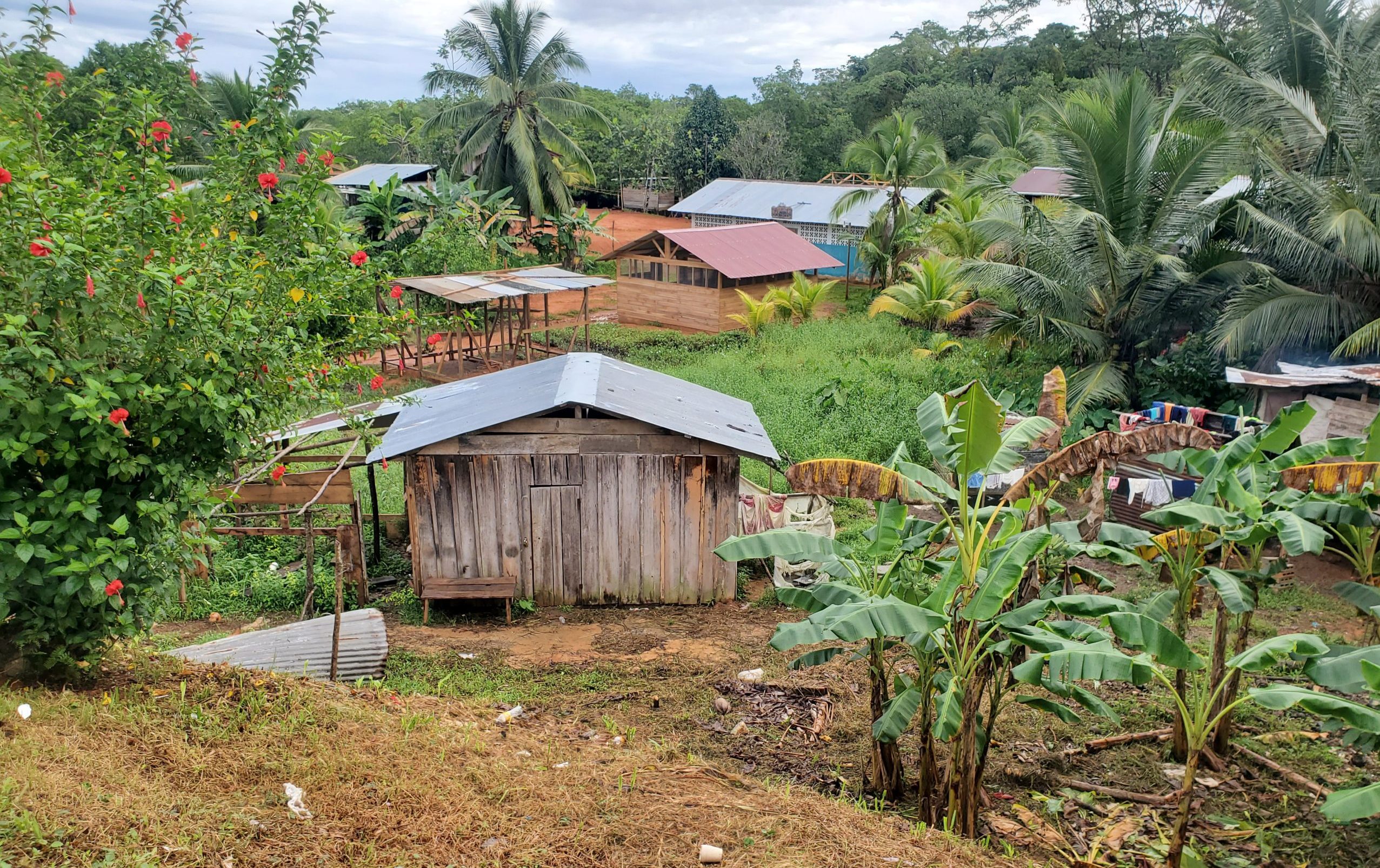Dr Juan Lopez Tiboni / PGY-3 Medicine / Pennsylvania Hospital at UPenn
In this article, Juan reflects on his time volunteering as a medic for Floating Doctors in Panama. As well as tackling life in a new environment and challenging presentations, Juan speaks freely about his changing beliefs on what healthcare truly means.
Introduction
As far back as I can remember I’ve wanted to work in humanitarian aid. Born in Argentina and raised in Canada, I went to medical school in Ireland, before landing in Philadelphia where I currently train.
Amidst the COVID-19 pandemic in 2020, I flew across the pond from Ireland as a final-year medical student to work with Floating Doctors, a medical group treating native communities from boats off the Caribbean coast of Panama.
Floating Doctors is a volunteer-funded humanitarian medicine group that operates from the island of San Cristobal in the Bocas del Toro Archipelago. They provide care to the Ngabe-Buble indigenous groups living in hard-to-reach islands throughout the region. This population are so isolated that, over ten years ago, the Panamanian government reached out to Floating Doctors for help providing their medical care. Over time Floating Doctors have woven themselves into the fabric of the Ngabe communities, sailing from village to village and providing outpatient healthcare, as well as health education in their schools, midwifery training with local parteras, dental care, and physiotherapy. They are always receptive to new volunteers, although their economic model is built on donations and a pay-to-volunteer system.
I spent ten weeks travelling between the islands working with a population deprived of healthcare during the pandemic, and conditions were extremely difficult. As I saw more patients, I learned about the people and their environment, grew closer to their culture, and began to understand their day-to-day challenges. Throughout this, I waged perennial battles against the sandflies, jellyfish, cacao-crazed violent primates, and my own temperamental gastrointestinal tract. What I learned about myself, this job, life, and everything in between, was worth more than the entire eight years of training that had come before it. I was hooked and knew life would bring me back in due course.
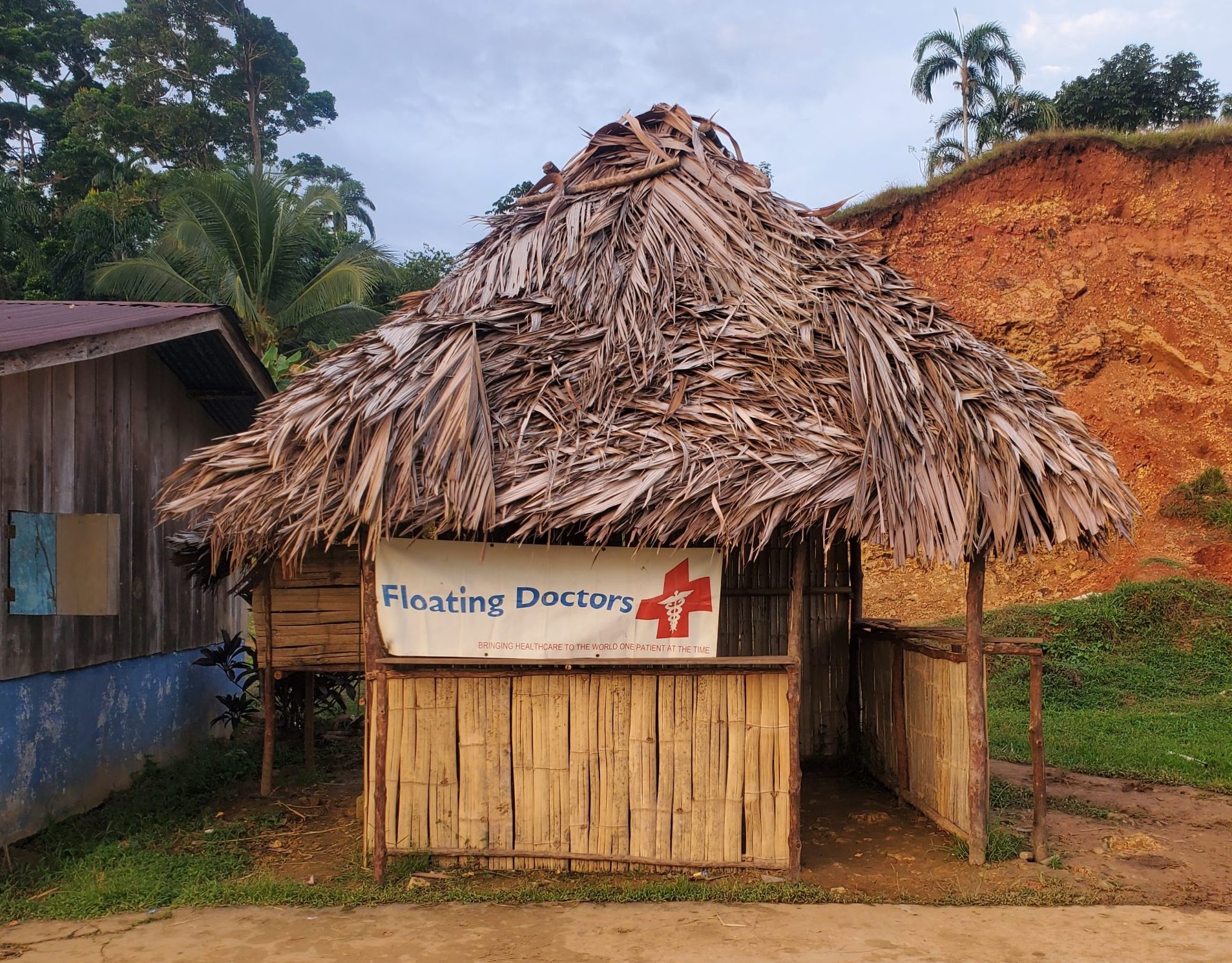
Shaping a career around humanitarian work
With those lessons learned, I spent the first two years of my internal medicine residency in Philadelphia (think of residency like an accelerated training scheme that takes you from intern year to consultant in three or four years), focused on expanding a skill set for humanitarian work. I got involved with the state department delivering care to refugees, worked in clinics for the uninsured, and advocated heavily for people entrenched in the struggle with opioids.
About halfway through my second year, I felt that I was finally hitting my stride. With my eyes still set on the communities I had worked with in Latin America, I geared up to bring my newfound skills back to Panama. Like any physician, I was hyper-focused on exploring the nature of healthcare inequality through the tools I knew: my stethoscope and my medicines. Of course, I was still a trainee with a lot to learn, but despite not knowing everything, I felt I knew what was most important. I knew how to think clinically, I understood the basic essence of medicine.
Or so I thought.
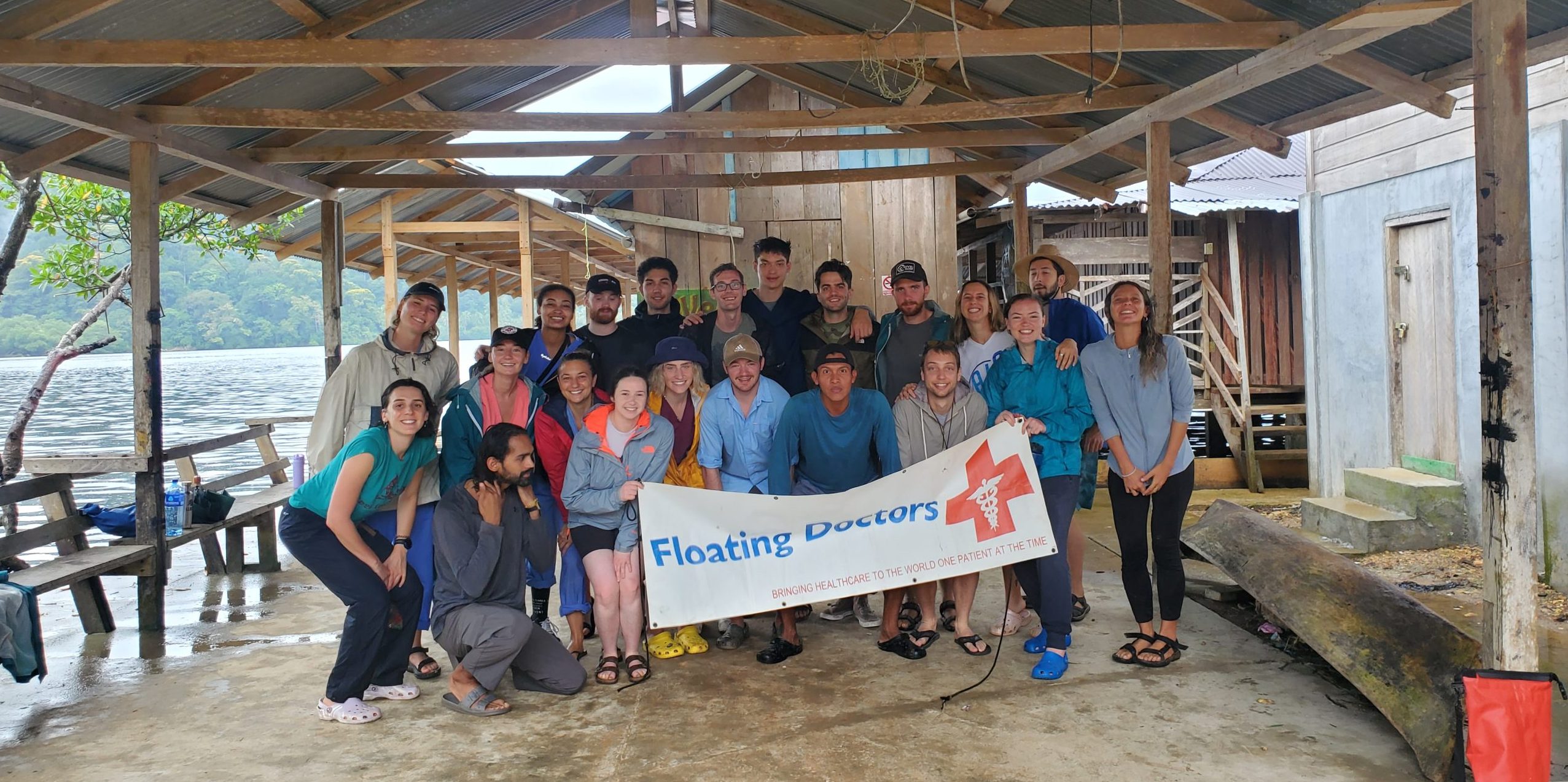
Returning to Panama, with an emphasis on community
Arriving in Panama for a second time, I slotted right back into clinical work. Immediately it came back to me, the daily presentations with pelvic inflammatory disease, the traumas, the worms and their parasitic cousins, the infections, snakebites, arthritis, epilepsy, and all things in between. I was also met with new and surprising challenges, clinical and non-clinical. Notably, there were several more physicians this time around (now post-pandemic), and also a new division entirely: the veterinary group.
Initially, I had mixed feelings about the vet program as I struggled to understand its benefit to a medical group operating on a tight budget. This, however, gradually shifted when I saw how invested the community was in the wellbeing of their animals, garnering a far greater emotional response than with any tablet I could prescribe. I reflected on how healthcare doesn’t always give people meaning in their lives. People find real meaning through things like community, affection, and compassion. If anything, I might argue that the veterinary group was contributing more meaningfully to people enjoying life than the medical arms were.
These ruminations were accelerated the very next week, following one of our clinics in the village of Norteño. In the evening, the whole community came out after dark to celebrate the lighting of a community Christmas tree. People young and old lined the paths. They shared words and prayers, followed by a ceremonial lighting of candles. We were tremendously honoured as a group when they asked us to light the stocks as a sign of their appreciation for our work. When the tree was lit, it was quite a spectacle. Children, parents, church organisers, and the rest all blended into one living, breathing collective, enjoying the camaraderie of creating something beautiful together. The more I thought about it, the more this togetherness made sense. The houses that line the community are just metres apart. Voices carry from home to home all day long. Even if you wanted to, you couldn’t get away from your neighbours if you tried. This, combined with their shared tribulations, forms a tight-knit community of people who depend upon one another.
I thought about how ceremonies like these were few and far between where I grew up. I got to know just a few of my neighbours in the suburbs outside Toronto. Everyone gets into their own car, drives to work, takes their kids to school, and tries to live as un-influenced by those around them as they can. Why is that? Is it because technology makes it easier for us to do things without leaving the home? Is it because we no longer need support from our neighbours to live fruitfully? I don’t know. What I do know is that at that moment I thought about Philadelphia, a city that is hurting in so many ways. Where, despite so much wealth, so many are neglected and fall through the cracks. I thought about how despite endless attempts to build relationships with the people that live in my own building, I feel like everyone is just trying to mind their own business.
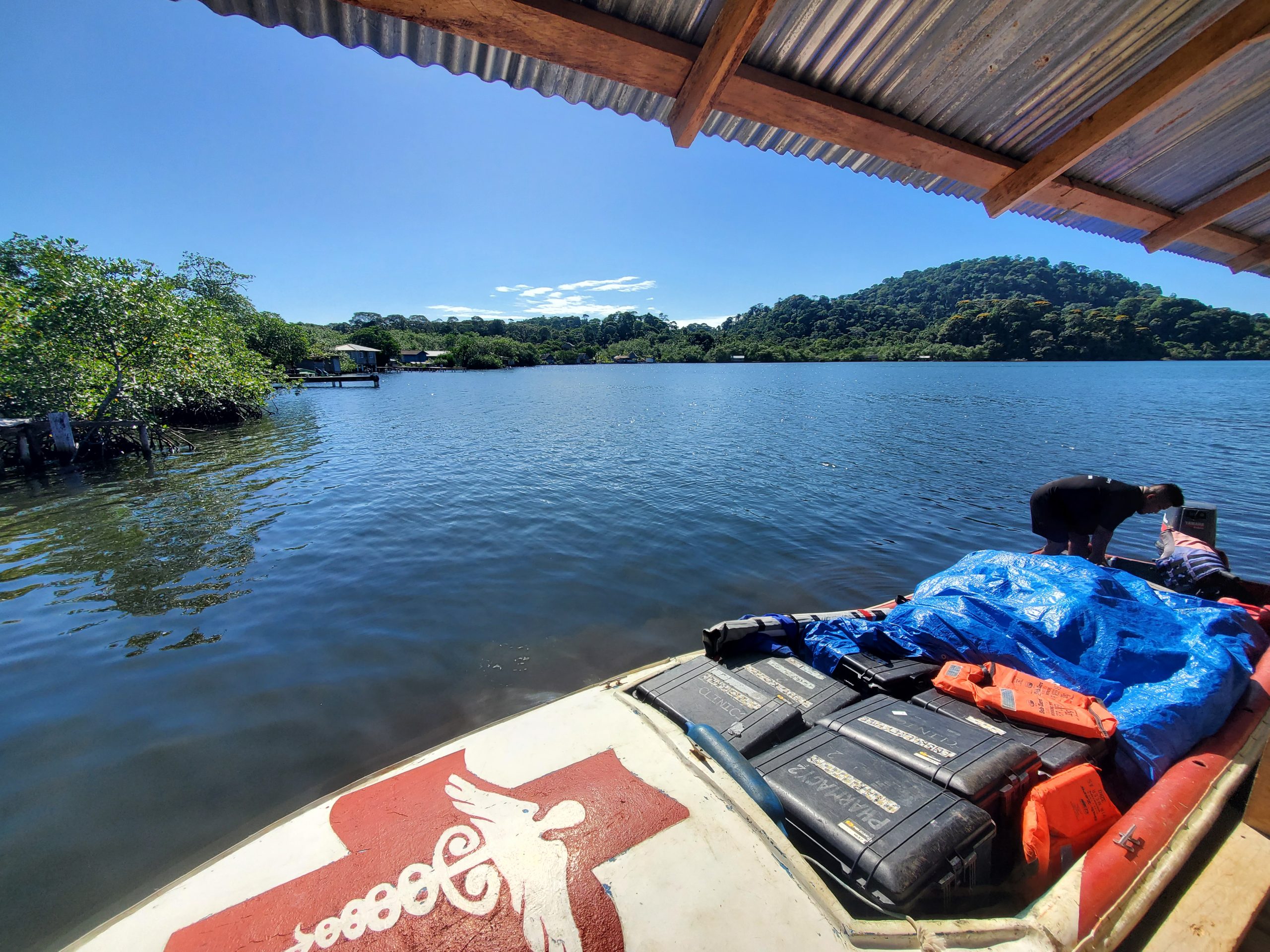
For all our advances, we have much to learn from communities like Norteño. Despite their seemingly worse metrics for healthcare inequality, I’d wager many of them are living more enriched and meaningful lives there than in the West. I asked myself what this meant about the nature of inequality as I understood it. What is inequality really? Financial inequality is easy to measure, to understand, but what about inequality of community, or inequality of meaningful connection? As I think about what it means to build health, I realise that maybe I have been looking at health the wrong way.
A Paradigm Shift
I had spent my career trying to fix people’s health on the promise that I was doing a fundamental good. In search of that, I had invested uncompromisingly in the metrics of classical medicine: blood pressure, blood sugar, chronic disease, and functional optimisation. I worked on the principle that health is important because people should have good health—yes, sure, but despite training for eight years and practising for two, I had never taken the time to really ask myself why is health important?
So, with a newfound sense of community, I sat and contemplated these things. This is it, I thought. This is what I am trying to capture in a bottle and bring to people in need. Health is not the end goal, meaning is. Our goal should not be to put health on a pedestal, but to build health as a means to augment people’s ability to live meaningfully through community. That is the essence of medicine. At that moment something clicked; I will never see or approach my work the same way again. If I had to choose between building community or building health, I’d reply that they’re too intertwined to have one without the other. Community is our reason for living; without it, health becomes seemingly less paramount. If we lose sight of that and obsess over healthcare metrics, we’ve missed the mark entirely. Of all of the things that Panama has taught me, this was the most powerful lesson of all.
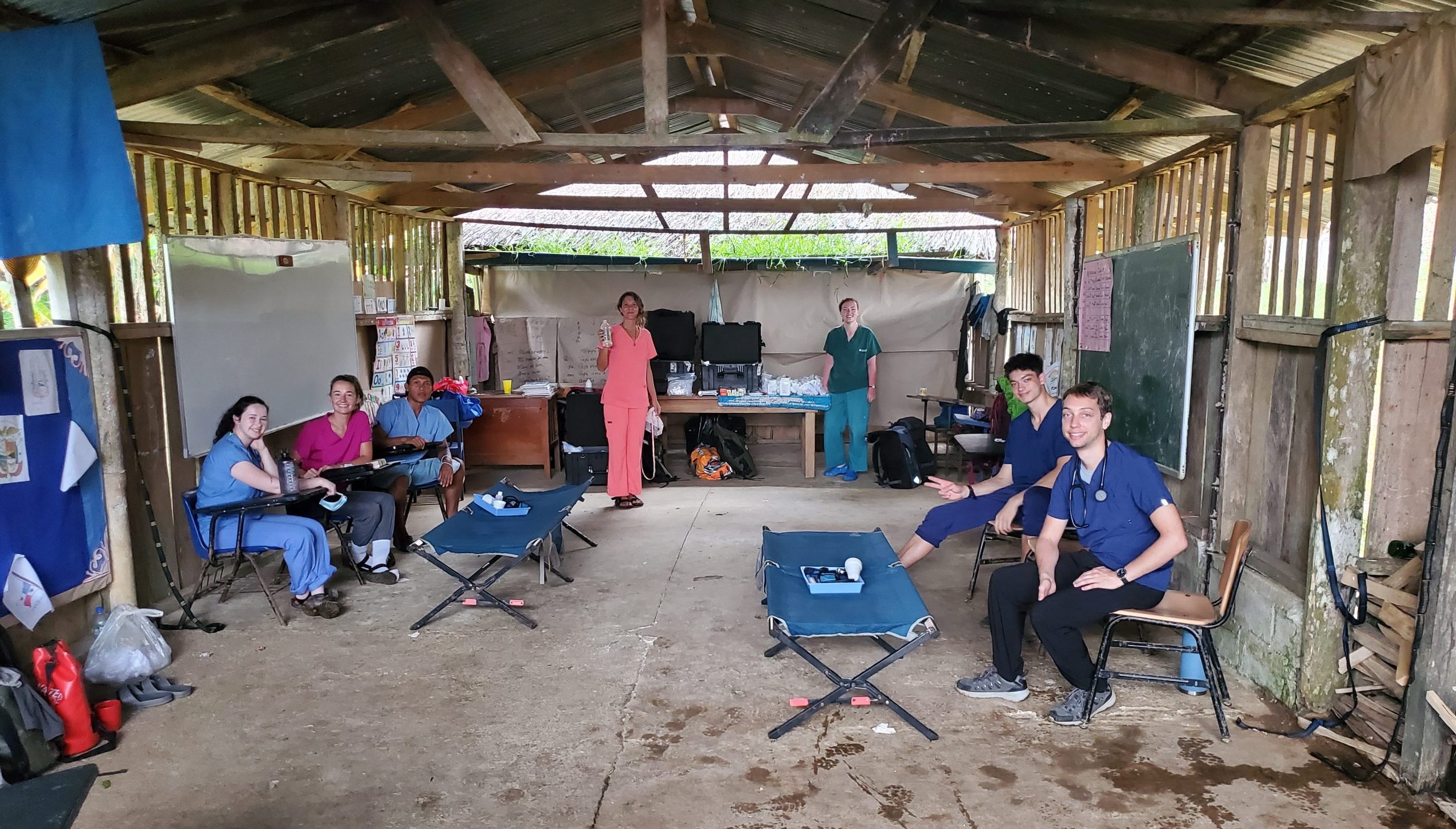
Reflections
What exactly to do with this realisation, I am not sure. I know it will be hard to take these conclusions back to my place of work in America, to a system that pigeon-holes the best of us into electronic chart box-tickers. Maybe, for the right patients, I can worry less about healthcare metrics and invest my time in building meaning through personal connection, enjoying their presence to brighten their day, and inspire a spark that reminds them to enjoy life. Maybe in the future when I approach medicine at a population level, I will think harder about community building and education as the real goal before losing myself in ‘measurable healthcare outcomes’. In truth, this new understanding leaves me in some ways unsure how to proceed, like the systems that I work in leave little room for me to help people actually find meaning.
That’s the fun in this career though isn’t it, we get to take agency in enacting change. I may not see the path forward clearly, but I know which direction it’s going. Stethoscope in hand, not always plugging my ears, the quest for meaning carries on.
How to volunteer
Find out more about volunteering with them here.
